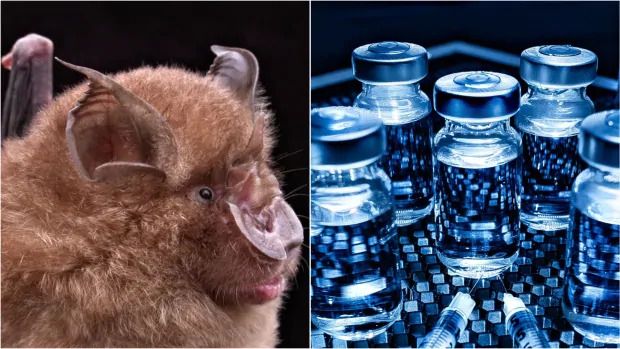A novel state of matter has been discovered by physicists at the University of Leicester.
In recent years, active, self-propelled particles have received growing interest amongst the scientific community. Examples of active particles and their systems are numerous and very diverse, ranging from bacterium films to flocks of birds or human crowds. These systems can demonstrate unusual behavior, which is challenging to understand or model.
To this end, large-scale models of active particles were being scrutinized by experts at Leicester, in order to understand basic principles underlying active particle dynamics and apply them in a scenario of an evacuation strategy for customers in crowded place. Unexpectedly, the ‘super-particles’ milling in a circular motion were stumbled upon by Leicester’s physicists who subsequently coined the phenomenon as “swirlonic.”









